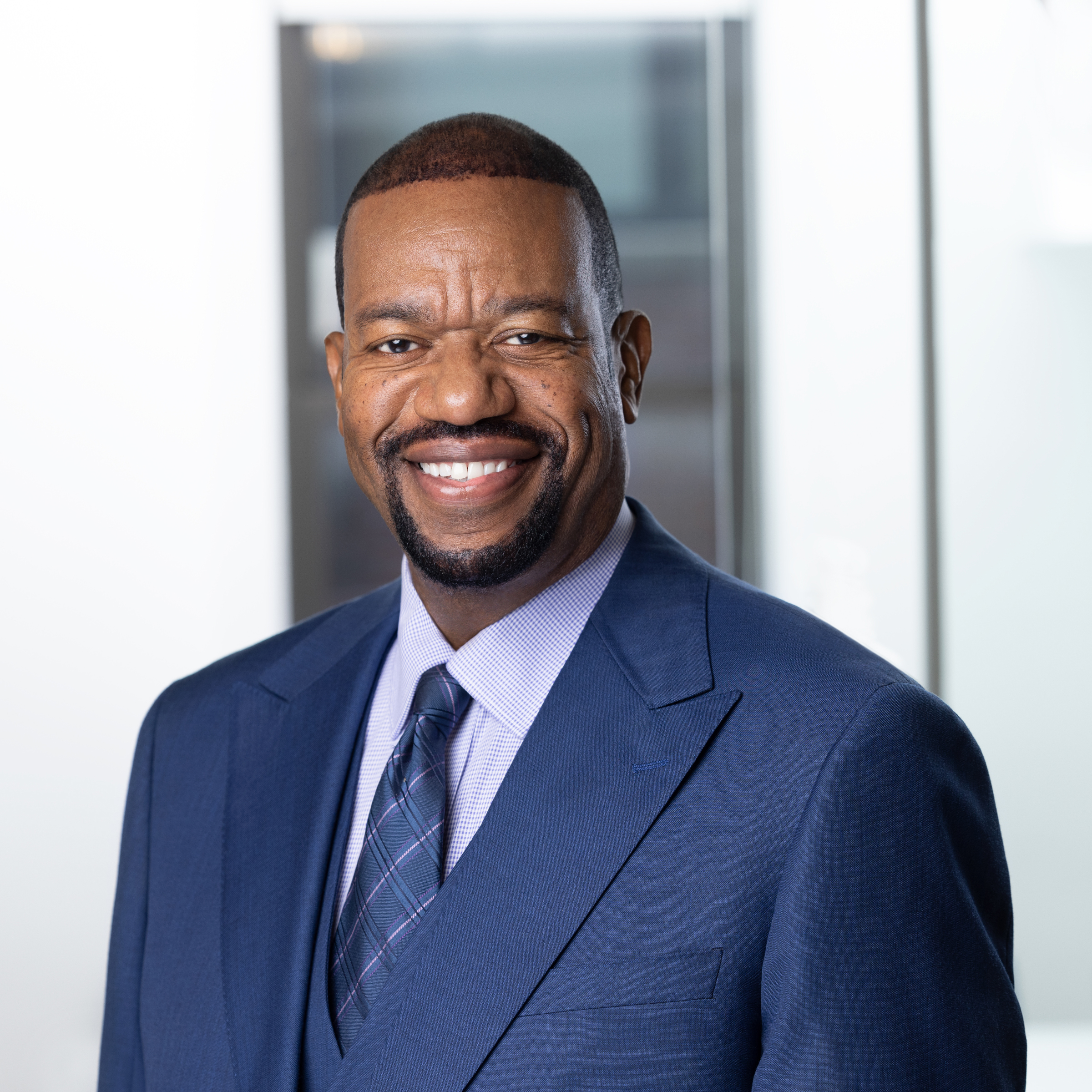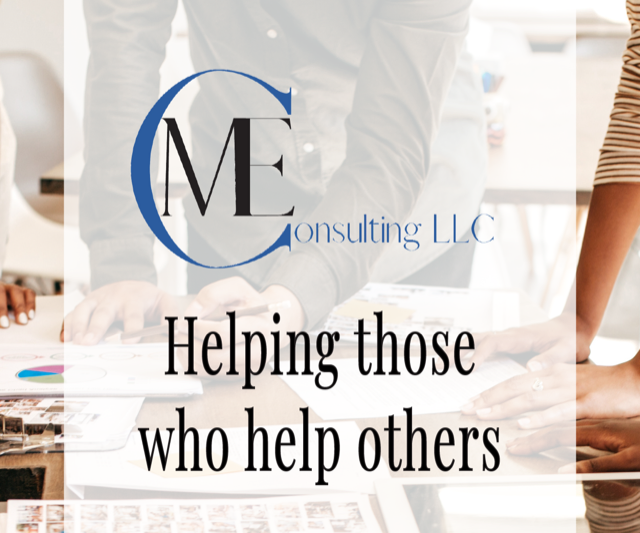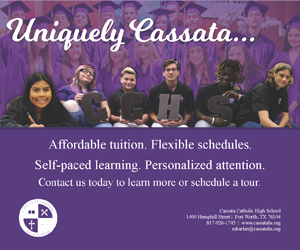As an African American partner at H.I.E.C, a global retained executive search firm, Diversity, Equity, and Inclusion (DEI) is, a subject that is near and dear to my heart. Having served as a C-suite executive for years at Fortune 500 corporations, I can attest to the reality that the world of opportunity hasn’t historically been set up for people that look like me. For far too long, African Americans have struggled to fit in to corporate America. As a point in fact, there are currently only six African American CEOs of Fortune 500 companies. Additionally, a 2021 review of top companies by the Washington Post found that only 8% of C-suite executives are Black, although African Americans account for about 12% of the total population.
Thankfully, albeit at a slower pace than should be, times are changing. Not just for African Americans, but for other ethnic minorities and those that may also have been discriminated against in the past due to their gender, age, sexual orientation, disability, socioeconomic status, or religious beliefs. DEI is a subject that is finally gaining resonance throughout the globe. And for good reason. Having a diverse workforce and an inclusive environment brings a myriad of economic and social benefits to an organization.
Diversity, equity, and inclusion (DEI) is a conceptual framework that promotes the fair treatment and full participation of all people, especially in the workplace, including populations who have historically been underrepresented or subject to discrimination because of their background, identity, disability, etc.
Going beyond lip service
To be effective and long lasting, DEI shouldn’t just be done for popularity, or to be seen to be ‘doing the right thing’. It needs to go beyond lip service and come from a place of genuine understanding. All too often, DEI has been treated as a “check the box” exercise. Human Resource teams have been instructed to ensure that a set quota of certain candidates is put forward for each role and they think that is enough. Yet, in many ways this does more harm than good.
For DEI to become ingrained, a cultural shift is needed top to bottom. Only when organizations move to a company-wide and human-centric approach can they properly tap into a diverse talent pool that is able to better compete on a global stage.
Garner more allies – not enemies
CEOs are often frightened of getting DEI wrong. I get that. No one wants to be canceled for taking a chance. While CEOs may not get DEI right the first time, if they go into it with the right reasons and attitude, they will garner more allies than enemies. People respect authenticity. While authentic leadership is a much-overused phrase, there is no doubt that it can inspire trust and foster a positive work environment.
My main counsel to CEOs is to seek to understand — rather than be understood. When a leader seeks to understand, they quite simply ask questions. When they only want to be understood, they make statements. The former makes a CEO far more empathetic and curious, which are key components of emotional intelligence and the definition of a great leader today.
Don’t miss the mark
Corporations have often missed out on top talent for too long by way of discrimination, whether consciously or otherwise. A change is needed. A diverse outlook and experience at the executive level is proven to deliver enhanced performance, as well as offer both economic and social benefits. While race may dominate the diversity agenda, particularly here in the U.S., considering gender, background, education, values, self-expression, and ethnicity (to name a few) to ensure equal opportunity are all important.
While businesses are waking up to the benefits of a diverse and inclusive workforce, the requisite corporate structures to harness this talent pool are often missing. It is important that the CEO has people from all backgrounds around them to ensure that they can truly welcome, support, respect, and value all individuals and groups. By doing so, it becomes a positive, self-perpetuating cycle.
A cultural shift
At H.I.E.C, we believe we have a part to play. We always ensure we assemble diverse search teams from a variety of global locations for every assignment. This fosters creativity and offers clients a rounded perspective. We also arrange unconscious bias briefings for decision makers, review client evaluation practices to ensure fair assessment, and collaborate to assemble diverse internal project teams to minimize bias.
It feels like a real cultural shift. It is important that we collectively join forces and not lose the momentum that has been built. Join us on this journey.
Ken Wilcox
Partner, H.I. Executive Consulting (H.I.E.C)





